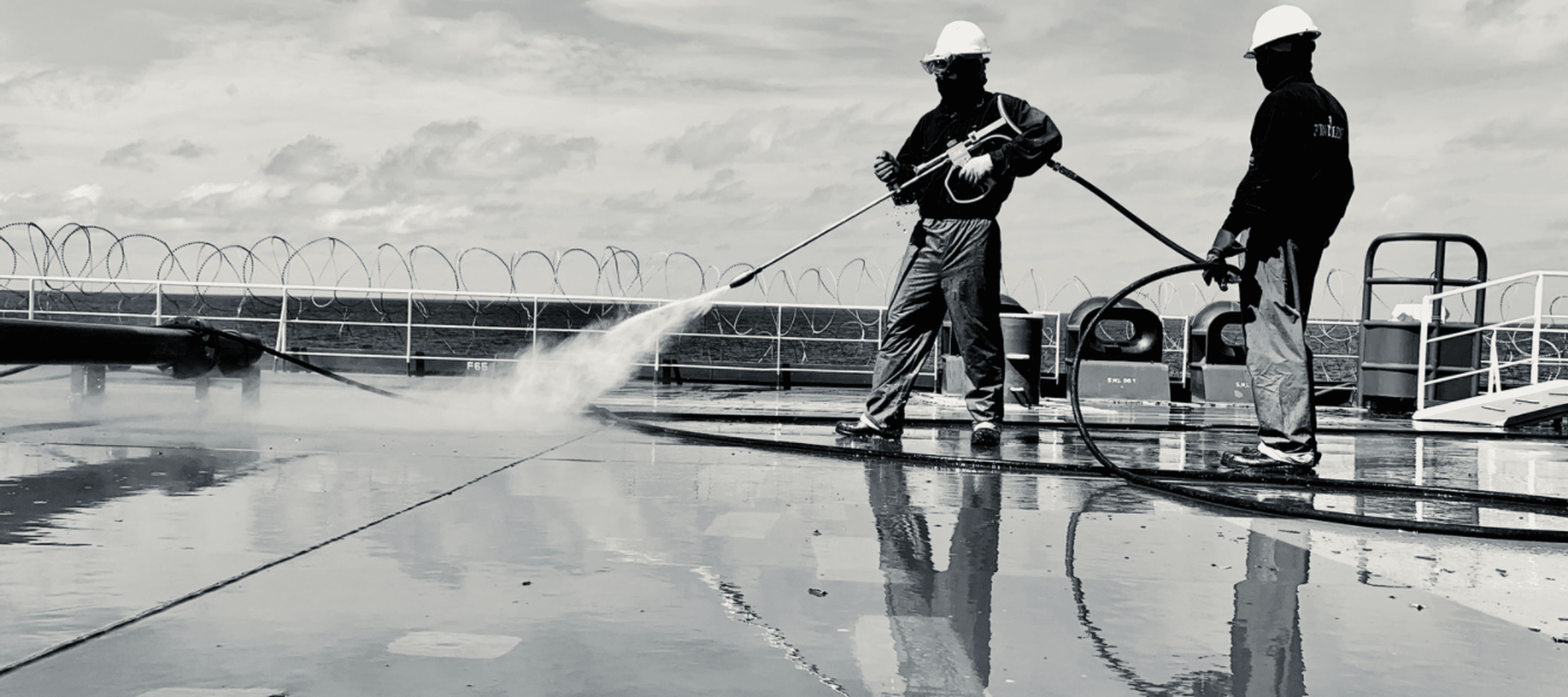Code of Conduct for the Shipping Industry: Delivering on Seafarers' Rights
12 October 2021

There is an urgent need to tackle the systemic challenges creating human rights risks, including labour rights risks, for seafarers worldwide. Seafarers have a right to a workplace where their rights are respected, that is safe and secure, where they have fair terms of employment that are delivered through decent living and working conditions, fair wages and social protection covering medical, employment and retirement issues.
IHRB and the Sustainable Shipping Initiative (SSI), in collaboration with the Rafto Foundation for Human Rights (and with additional funding from the Swiss Federal Department of Foreign Affairs), have developed an industry Code of Conduct for Delivering on Seafarers' Rights to improve the human rights and welfare of the world’s nearly two million seafarers.
About the Code of Conduct
The Code of Conduct can be used by shipowners and ship operators to understand the extent to which current operations meet their seafarers’ rights and welfare responsibilities, and by charterers and cargo owners to strengthen due diligence that in turn informs chartering-related decision-making. It is supplemented by a practical self-assessment questionnaire that provides guidance on how to adopt the commitments outlined in the Code of Conduct and track progress. (Both documents are available to download, and the self-assessment questionnaire is also available electronically via RightShip’s Crew Welfare Self-Assessment Tool.)
This Code of Conduct seeks to reinforce compliance with the Maritime Labour Convention (MLC) and other relevant maritime conventions and goes beyond by focusing on valuing seafarers and the full spectrum of their human rights. It aims to address systemic risks and impacts experienced by seafarers through: (i) emphasising rights in the MLC that are not being adequately enforced; and (ii) including rights and issues that are important to seafarers but not currently covered in the MLC. The Code of Conduct deliberately does not cover more technical health and safety issues that are equally important to the rights to life and health of seafarers, as these are covered in the MLC and other more detailed conventions, regulatory requirements, standards, codes and inspections. It assumes that the issues covered by this Code of Conduct will be integrated together with these health and safety requirements into the overall management of all aspects of shipping that affect seafarers.
Access the code of conduct
Learn about the self-assessment questionnaire
Launch webinar
Watch the launch webinar, which to took place on 19 October, 2021, to hear maritime stakeholders discuss the Code of Conduct and self-assessment questionnaire. Speakers include:
- Andrew Stephens, Chief Executive, SSI
- Jacqueline Smith, Maritime Coordinator, International Transport Workers' Federation (ITF)
- Christopher Saunders, Chief Product Officer, RightShip
- Samantha Bramley, Director Environmental and Social Risk Management, Standard Chartered Bank
- Simon Bennett, General Manager – Sustainable Development, Swire Shipping
- Seb Landerretche, Head of Freight, Louis Dreyfus Company
Read a summary of the discussion (SSI Website)
Image credit: “Just a typical day in West Africa" by Richard Arguelles from ITF Seafarers’ Trust’s Still At Sea Photography Competition, 2020







